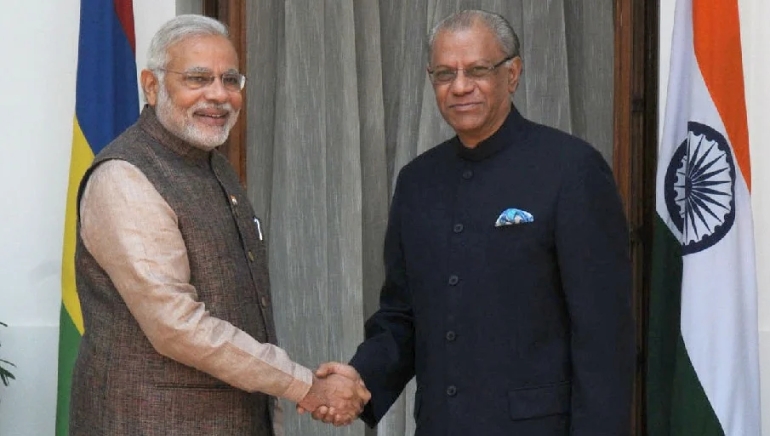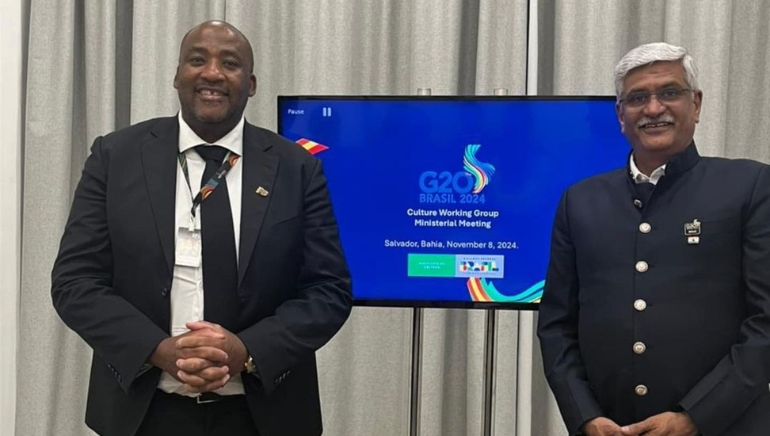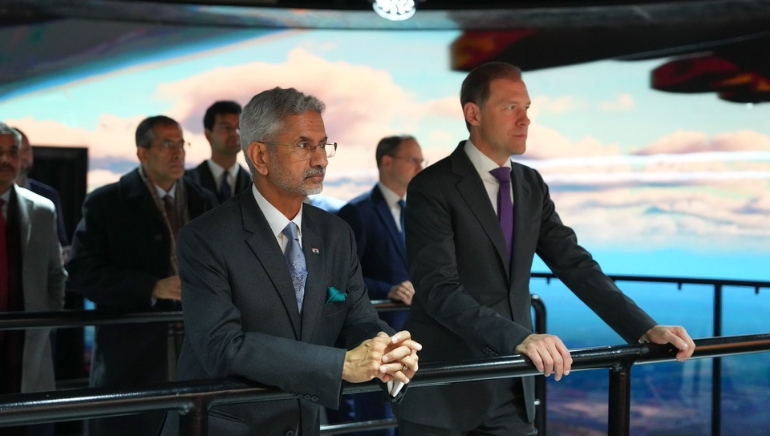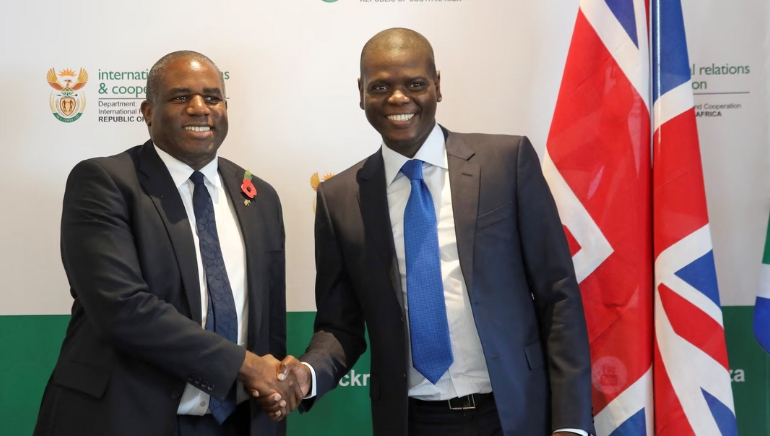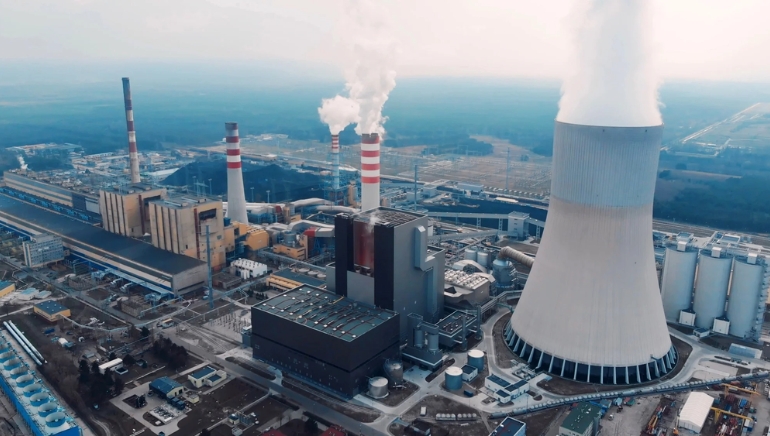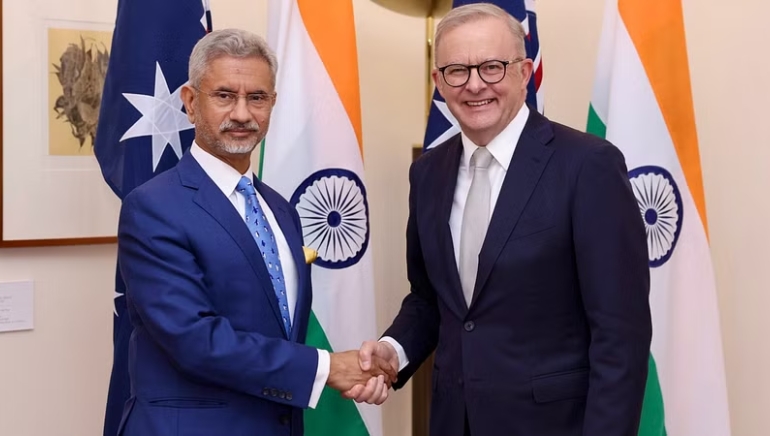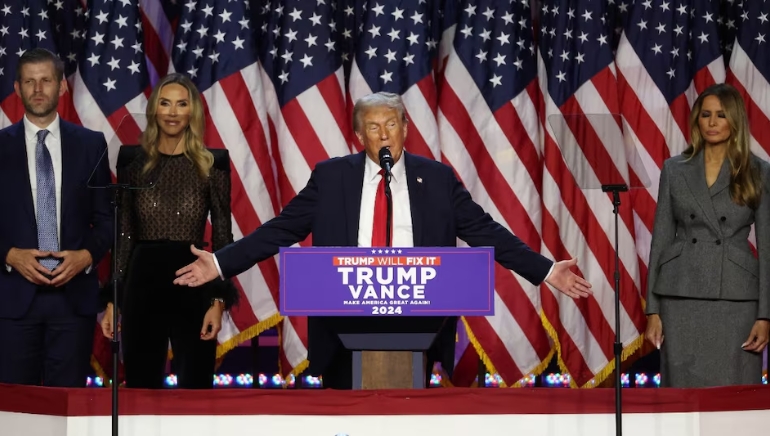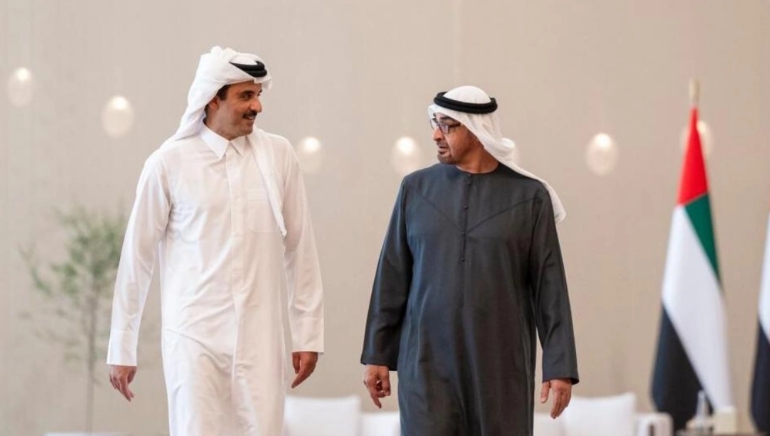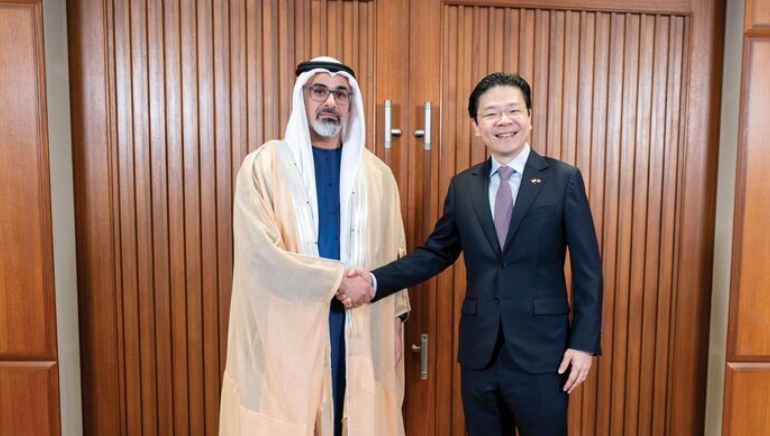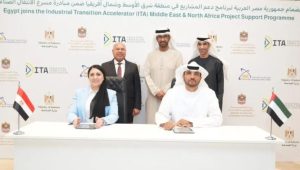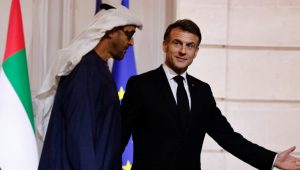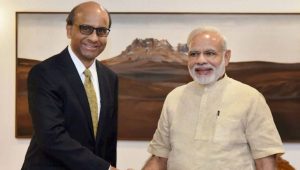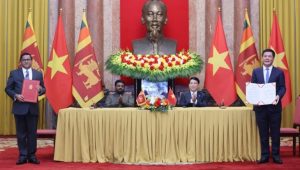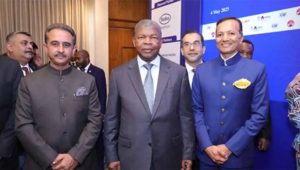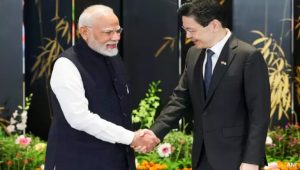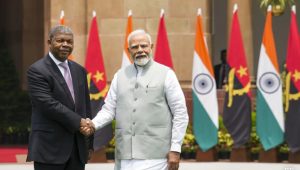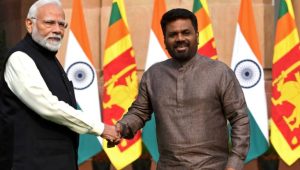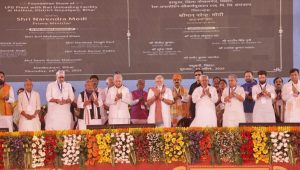Japan troops will most likely participate with the United States Marines and Australian forces in northern Australia from next year. On this, the defense ministers from the three countries have confessed that they expressed concerns about the Chinese military’s growing threat.
On Sunday, a joint statement reiterated “serious concerns” about establishing actions in South China seas and the East. It also includes “dangerous conduct” by the Chinese military against the Phillippines and the region’s other vessels.
To conduct talks, Australia’s Defence Minister Richard Marles hosted his Japanese and US counterparts, Gen Nakatani and Lloyd Austin, in Darwin city. On the given occasion, they announced trilateral amphibious training between Japan, Australia, and the US Marine rotational force. This will start in northern Australia in 2025 and begin with a multinational training activity named Exercise Taliman Sabre.
As per Marles, Australia’s Defence Minister, the deployment of troops for Darwin training is a “fantastic opportunity for our defense.” Marles also states this opportunity as “the best relationships possible with like-minded countries, with our friends and with our allies” when asked if the agreement would anger Beijing. For the first time next year, Canberra will join Exercise Orient Shield in Japan, a field training exercise between US and Japanese forces.






